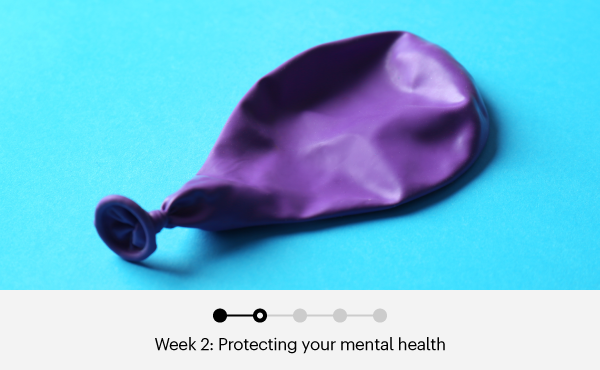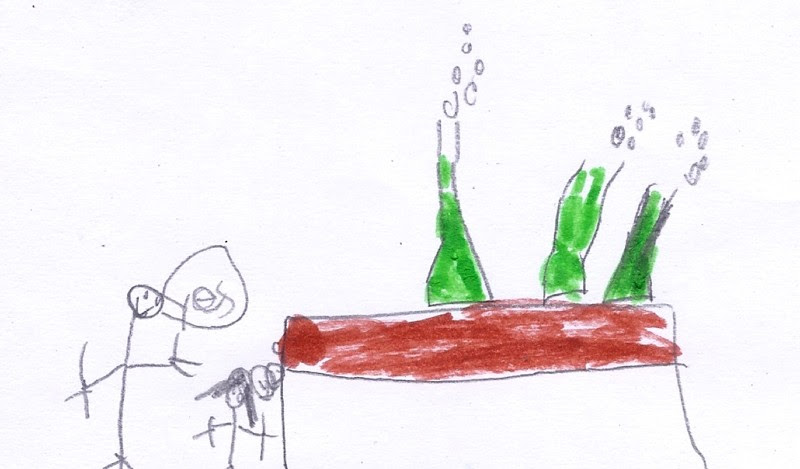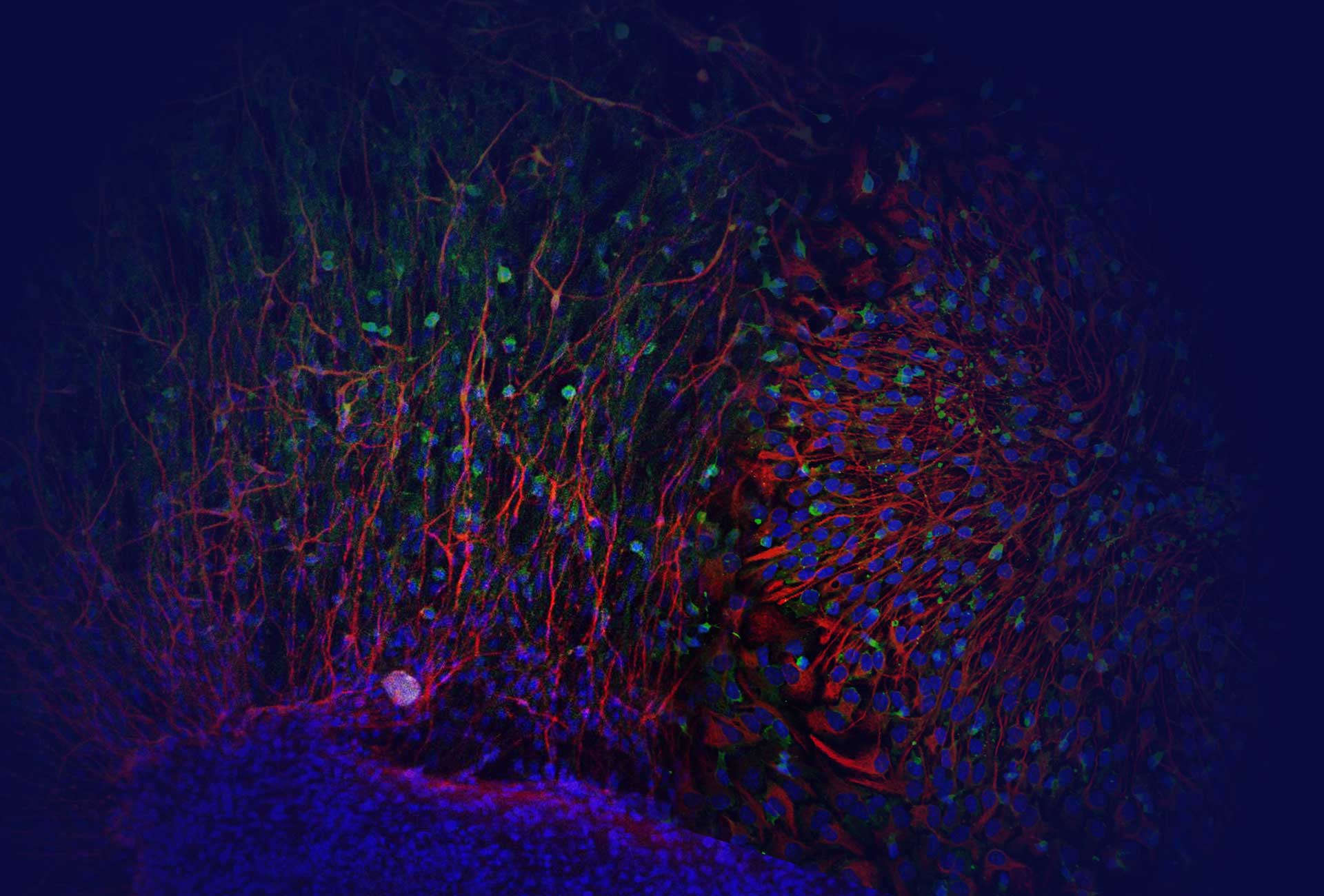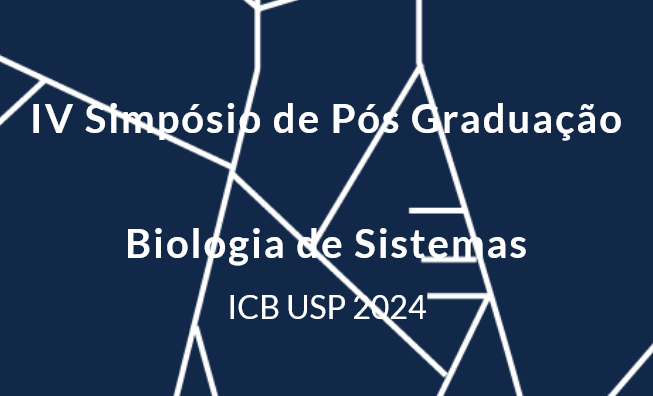Newsletter Nature Briefing – Back to the lab: Mental health
|
|||||
 |
|||||
| Hello! Welcome to week two of Back to the lab. This week, we’re all about mental health.
All the advice in here is evidence-based, from medical experts and academics. Some of this will be things you’ve heard before, but they bear repeating — often, even small changes can have profoundly positive effects on your well-being. |
|||||
Eight evidence-based techniques for maintaining good mental health
|
|||||
Stress-beating methods from psychiatryClinical psychologist Luana Marques shares her advice to help scientists maintain mental health in challenging times. “It is okay not to be okay,” says Marques. “Take the time to heal and relax after interacting with the news: anchor on to something that brings you back to the present. Take a deep breath, drink a hot beverage or go for a walk.” |
|||||
|
|
|||||
How a lab happiness programme can helpEllen Wehrens’ lab happiness programme was ongoing long before labs shut down, but it’s now become a powerful tool. Lab members support each other using structured tools and techniques designed to address conflict head on and manage stress and anxiety. |
|||||
Check out our webcast on mental health
|
|||||
More resourcesBritain’s Mental Health Foundation has put together a comprehensive suite of resources on managing your mental health during the coronavirus pandemic. The US Centers for Disease Control and Prevention has also produced work on managing stress and anxiety. And here’s a full collection of all of Nature’s coverage of mental health in science. Find resources for Black academics and STEM professionals on the #ShutDownSTEM resources page. |
|||||
 |
|||||
| Jeremy Grabbe taught his triplets how to do science to help them combat their coronavirus anxiety: here’s their plan for their next experiment. (By Regina Grabbe, aged seven.) | |||||
|
|
|||||
|
|||||
|
|
|||||
|
|||||
| You received this newsletter because you subscribed with the email address:
Please add [email protected] to your address book. Had enough? Unsubscribe from Back to the lab. Nature | The Springer Nature Campus, 4 Crinan Street, London, N1 9XW, United Kingdom Nature Research, part of Springer Nature. |










